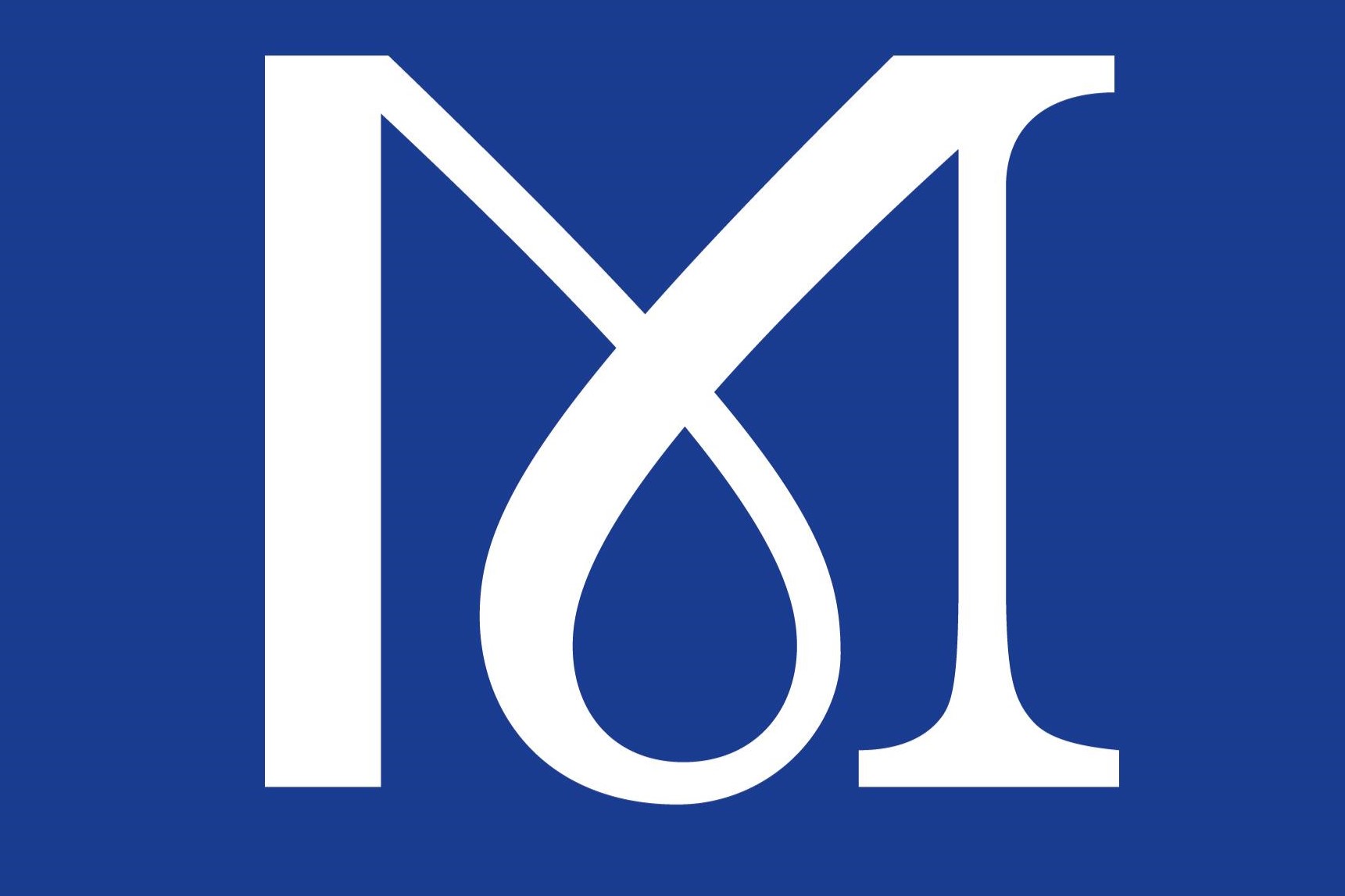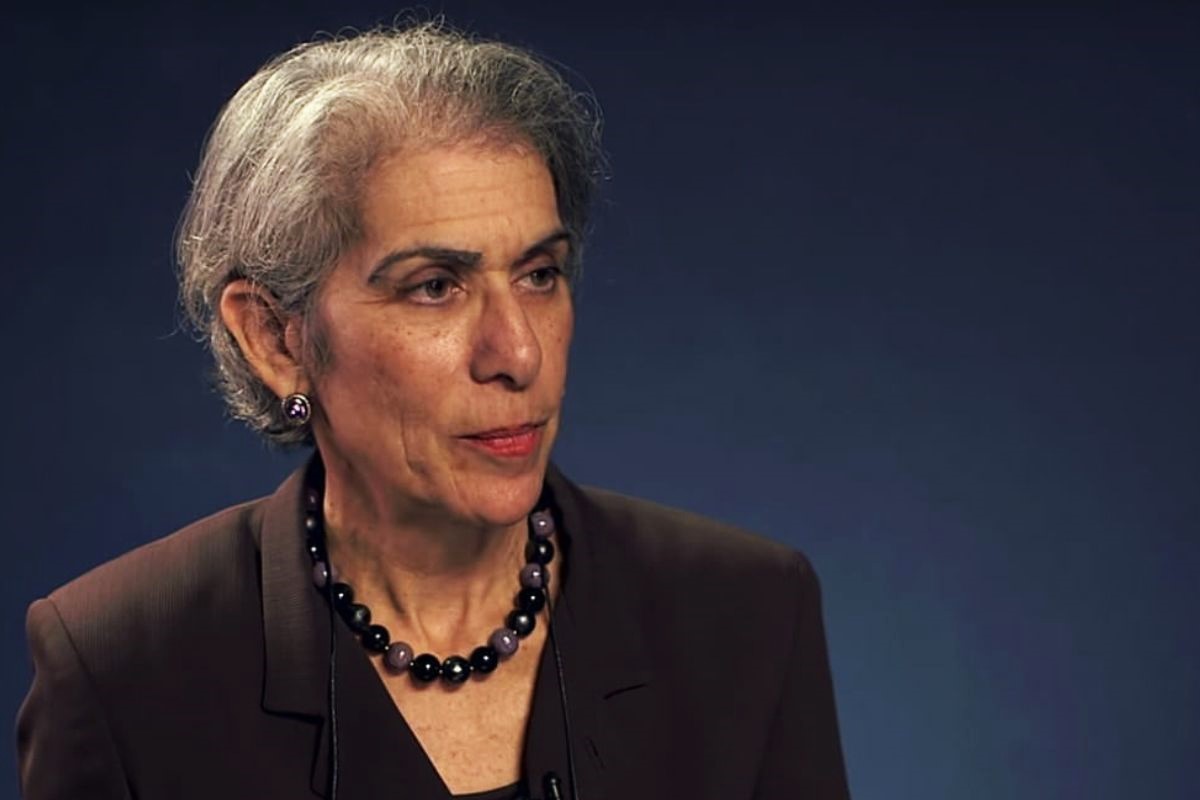
What is ICOM? The International Council of Museums (ICOM) is a global organization dedicated to museums and their professionals. Founded in 1946, ICOM has grown to include over 40,000 members from 140 countries. Its mission is to promote and protect cultural heritage through museums, fostering community and understanding among nations. ICOM operates through 34 international committees and 120 national committees, ensuring local and global interests are addressed. Every three years, ICOM hosts a General Conference, gathering museum professionals worldwide to discuss key issues. With a strong focus on ethics, sustainability, and inclusivity, ICOM continues to shape the future of museums globally.
Key Takeaways:
- ICOM, founded in 1946, promotes and protects cultural heritage through global collaboration, ethical standards, and sustainability, with a new inclusive definition reflecting modern values and practices.
- With over 40,000 members from 140 countries, ICOM combats illicit trafficking, advocates for community involvement, and addresses global challenges, ensuring museums operate ethically and transparently.
The Birth and Mission of ICOM
The International Council of Museums (ICOM) has a rich history and a clear mission. Let's dive into its origins and purpose.
- Founding: ICOM was established in 1946, following the dissolution of the International Museums Office (OIM), which was created by the League of Nations in 1926.
- Mission: ICOM's primary mission is to promote and protect cultural heritage through museums, fostering a sense of community and understanding among nations.
Membership and Structure
ICOM's global reach and organizational structure are key to its success. Here's how it's built.
- Membership: ICOM has over 40,000 members from 140 countries, making it a truly global organization.
- Structure: ICOM operates through 34 international committees, each specializing in various aspects of museum work, such as education, conservation, and security.
- National Committees: ICOM also comprises 120 national committees, ensuring that the organization's interests are managed at a local level.
General Conferences
Every three years, ICOM hosts a General Conference. These events are pivotal for the museum community.
- General Conferences: The ICOM General Conference is held every three years, bringing together museum professionals from around the world to discuss key issues and set future directions for the organization.
- First General Conference: The first ICOM General Conference took place in Paris in 1948, marking the beginning of a long tradition of international collaboration among museums.
- Recent Conferences: Recent General Conferences have been held in Seoul (2004), Vienna (2007), Shanghai (2010), Rio de Janeiro (2013), Milan (2016), Kyoto (2019), and Prague (2022).
- Future Conference: The 27th ICOM General Conference is scheduled to take place in Dubai in 2025, focusing on "The Future of Museums in Rapidly Changing Communities".
Ethical Standards and Codes
Ethics play a crucial role in ICOM's operations. Their Code of Ethics sets the bar high.
- ICOM Code of Ethics: ICOM adopted its Code of Ethics for Museums in 1986, which has been revised in 2004 and sets standards of excellence for all members of the organization.
- Ethical Standards: The Code of Ethics includes principles for museum governance, the acquisition and disposal of collections, and rules for professional conduct, ensuring that museums operate ethically and professionally.
- Review Process: The ICOM Code of Ethics is currently under review, with the Standing Committee for Ethics (ETHCOM) coordinating the process to ensure that the code remains relevant and effective.
Combating Illicit Trafficking
ICOM takes a strong stance against the illicit trafficking of cultural goods. They have several tools to combat this issue.
- Red Lists: Since 2000, ICOM has been publishing Red Lists to combat the illicit traffic in cultural goods. These lists identify categories of cultural property that are particularly vulnerable to looting and theft.
- Object ID: ICOM promotes the use of Object ID, an international standard for describing cultural objects, to facilitate their identification in case of theft.
- International Observatory: The International Observatory on Illicit Traffic in Cultural Goods is another tool used by ICOM to monitor and combat illicit trafficking. It serves as an information databank and a permanent international cooperative platform.
Partnerships and Global Cooperation
ICOM collaborates with various international organizations to protect cultural heritage.
- Partnerships: ICOM partners with various international organizations, including UNESCO, Interpol, and the World Customs Organization, to carry out its missions related to cultural heritage protection.
- UNESCO Relations: ICOM maintains formal relations with UNESCO and has a consultative status with the United Nations Economic and Social Council, reflecting its commitment to international cooperation in cultural heritage preservation.
- 50th Anniversary of UNESCO Convention: In 2020, ICOM celebrated the 50th anniversary of the 1970 UNESCO Convention on the Means of Prohibiting and Preventing the Illicit Import, Export, and Transfer of Ownership of Cultural Property.
Cultural Heritage Protection
Protecting cultural heritage is at the core of ICOM's mission. They have several initiatives in place.
- Cultural Heritage Protection: ICOM has been actively involved in protecting cultural heritage through various initiatives, including the fight against illicit trafficking and the promotion of risk management and emergency preparedness.
- ICOM Red Lists Database: The ICOM Red Lists Database contains 17 existing lists and their translations, with a new regional list dedicated to South-East Europe currently in preparation.
- ICOM Heritage Protection Department: The Heritage Protection Department at ICOM works on various projects related to cultural heritage protection, including the preparation of new Red Lists and the promotion of international cooperation.
- ICOM’s Role in Illicit Trafficking: ICOM has produced effective tools and standards to help combat illicit trafficking in cultural goods, including the Red Lists and the International Observatory.
- ICOM’s Global Network: ICOM’s global network of experts has been instrumental in developing and implementing strategies to combat illicit trafficking and protect cultural heritage.
Ethical Standards and Sustainability
ICOM emphasizes ethical standards and sustainability in museum operations.
- ICOM’s Ethical Standards: ICOM’s ethical standards, as outlined in the Code of Ethics, emphasize the importance of transparency, accountability, and community involvement in museum operations.
- ICOM’s Commitment to Sustainability: ICOM fosters sustainability in museums by promoting practices that are environmentally friendly and socially responsible, ensuring that museums operate in a way that is inclusive and accessible.
New Definition of a Museum
In 2022, ICOM adopted a new definition of a museum, reflecting modern values and practices.
- New Definition of a Museum: In 2022, ICOM adopted a new definition of a museum, which includes phrases like "inclusivity," "accessibility," "sustainability," and "ethics." This definition was the result of a long process of negotiation and reflects the changing role of museums in society.
- Global Consensus: The new definition was unanimously voted in by representatives from over 500 museums globally, demonstrating a strong consensus among the international museum community.
- Inclusive and Accessible: The new definition emphasizes the importance of inclusivity and accessibility, ensuring that museums are open to the public and provide varied experiences for education, enjoyment, reflection, and knowledge sharing.
- Ethical Operations: The definition highlights the ethical operations of museums, including professional conduct, community participation, and ethical decision-making processes.
- Sustainability and Diversity: The new definition also underscores the importance of sustainability and diversity in museum operations, reflecting the evolving needs of modern society.
Addressing Decolonization and Repatriation
Decolonization and repatriation remain critical issues for many museums, even if not explicitly mentioned in the new definition.
- Decolonization and Repatriation: Although phrases like decolonization, repatriation, and restitution were notably absent from the new definition, they remain central issues for many museums in the developing world.
- Progressive Statement: Despite some criticisms that the new definition is not progressive enough, it is seen as a significant step forward in aligning with the major changes in the role of museums today.
- Common Ground: Alberto Garlandi, the president of ICOM, described the new definition as "common ground for museums all over the world," emphasizing its universal applicability.
- Recognition by UNESCO: The new definition will be assumed by UNESCO, helping to determine whether new private galleries and institutions around the world can describe themselves as official recognized museums.
Historical Context and Negotiation Process
Understanding the historical context and negotiation process behind the new definition helps appreciate its significance.
- Historical Context: The old definition of a museum, created in the 1970s and last amended in 2007, did not reflect the reality of ICOM or the reality of museums around the world, leading to the need for a new definition.
- Negotiation Process: The negotiation process for the new definition involved extensive dialogue and compromise among diverse perspectives, ensuring that the final product was inclusive and representative of global museum practices.
- Progressive Elements: Despite some criticisms, the new definition includes progressive elements such as inclusivity, accessibility, sustainability, and ethics, which are essential for modern museums.
Community Involvement and Education
Museums are more than just places to display artifacts. They are centers for community involvement and education.
- Decolonization Efforts: While the new definition does not explicitly mention decolonization, repatriation, or restitution, these issues remain crucial for many museums in the developing world, highlighting the ongoing need for transformation in the museum sector.
- Community Involvement: The new definition emphasizes community involvement and participation in museum operations, reflecting the importance of collaboration and shared responsibility between museums and their communities.
- Education and Knowledge Sharing: Museums are committed to providing varied experiences for education, enjoyment, reflection, and knowledge sharing, as outlined in the new definition.
Accountability and Global Challenges
Museums face numerous challenges and must operate with accountability and transparency.
- Accountability and Transparency: The definition stresses accountability and transparency in museum operations, ensuring that financial, social, and intellectual resources are used responsibly and ethically.
- Global Challenges: Museums face various global challenges, including the urgency of crises in nature and the imperative to develop sustainable practices, which are reflected in the new definition.
- Diverse World Views: The definition acknowledges the vastly different world views, conditions, and traditions under which museums work across the globe, promoting cultural understanding and diversity.
- Legacy and Continuous Presence: The definition recognizes the legacies and continuous presence of deep societal and regional issues, ensuring that museums address these concerns in their operations.
Expert Role and Advocacy
ICOM's role extends beyond museums to advocacy and expert collaboration.
- Expert Role and Community Collaboration: Museums are committed to being meaningful meeting places and open, diverse platforms for community collaboration, as outlined in the new definition.
- Financial, Social, and Intellectual Resources: Museums are expected to acquire and use financial, social, and intellectual resources responsibly and transparently, adhering to ethical standards.
- ICOM’s Advocacy Role: ICOM has assumed a position of advocacy around museum collections, historic monuments, and cultural landscapes, advocating for human rights and social justice, as well as nature conservation.
- Value-Based Advocacy: There is a need for a framework of value-based advocacy or activist positions relative to people, human rights, and social justice, as well as nature conservation, which is absent from the current definition.
- Accountability Towards Societies: Museums are not freestanding institutions but are shaped by and deeply embedded in multiple economic and political intentions, nation-building, regional revitalization, and urban renewal, requiring extensive accountability and transparency.
- Continuous Evolution: ICOM continues to evolve, addressing new challenges and adapting to changing global contexts, ensuring that its definition and practices remain relevant and effective in promoting and protecting cultural heritage.
ICOM's Global Impact
ICOM has been a cornerstone in the museum world since 1946. With over 40,000 members from 140 countries, it’s a truly global organization. Through its 34 international committees and 120 national committees, ICOM addresses everything from museum education to security. The ICOM Code of Ethics, adopted in 1986 and revised in 2004, sets high standards for museum operations. Their Red Lists and Object ID initiatives combat illicit trafficking of cultural goods. The new museum definition adopted in 2022 emphasizes inclusivity, accessibility, sustainability, and ethics. This change reflects the evolving role of museums in society. ICOM’s partnerships with UNESCO, Interpol, and other organizations further its mission to protect cultural heritage. As ICOM continues to adapt to global challenges, its commitment to promoting and protecting cultural heritage remains unwavering. This makes ICOM a vital player in the museum community worldwide.
Frequently Asked Questions
Was this page helpful?
Our commitment to delivering trustworthy and engaging content is at the heart of what we do. Each fact on our site is contributed by real users like you, bringing a wealth of diverse insights and information. To ensure the highest standards of accuracy and reliability, our dedicated editors meticulously review each submission. This process guarantees that the facts we share are not only fascinating but also credible. Trust in our commitment to quality and authenticity as you explore and learn with us.


